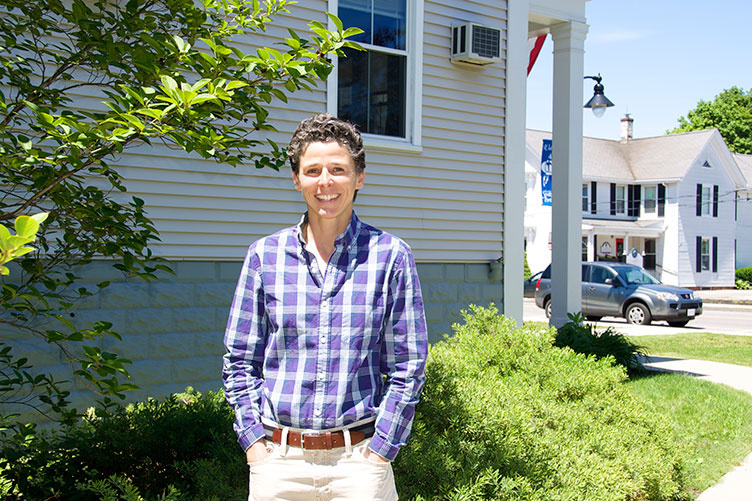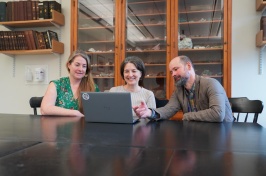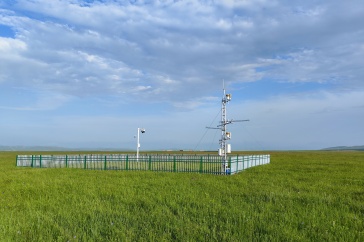
There’s a café near Julie Rosenbach’s City Hall office that she often visits. One morning she forgot her travel mug and ordered coffee to go in a paper cup. When someone made an offhand comment about her “walking the talk,” Rosenbach countered that she didn’t have to be perfect — even if she is South Portland, Maine’s, first director of sustainability.
“Sustainability means wanting to live differently. It doesn’t mean you have to live it 100 percent. It’s not asking people to have no impact; it’s asking them to reduce their impact,” says Rosenbach ’97. “Some people believe you have to make a huge change or it’s not going to make any difference. I think people have to figure out where they want to land and not hold themselves to a standard that’s unattainable.”
That philosophy has served her well throughout her career. A Russian history major at UNH, Rosenbach went on to receive a master’s degree in international environmental policies from the Monterey Institute of International Studies in California. She spent six years working for the Environmental Protection Agency in Washington, D.C., as a waste reduction specialist before moving to Maine where she became the sustainability manager at Bates College in Lewiston, a position that was also a first.
In September 2007, South Portland officials signed the U.S. Mayors Climate Protection Agreement, underscoring their commitment to reducing global warming and leading to the creation of a climate action plan. Earlier this year, Rosenbach was hired to help implement that plan.
“This is a very forward thinking city council and city manager,” Rosenbach says. “There is a lot of momentum and I’ve been able to come in and ride it forward. Some places you need to go out and spread the word, explain about the need to be sustainable. People here have a sense of why it’s important.”
Rosenbach commends the city for leading the way with a climate plan that focuses on such issues as renewable energy, sustainable transportation, recycling and support for the local economy and local green jobs. Only some 300 cities and towns nationwide have sustainability directors or coordinators. Rosenbach predicts the numbers will continue to grow.
“When I got out of graduate school, it wasn’t even called sustainability,” Rosenbach says. “Now, the field has just exploded. People realize they need to be part of this — they want to be sustainable.”
Her challenge comes in being a one-person office and trying to get done all of the things that she wants to accomplish. “I don’t think there ever will be a day when I say I don’t have much to do today,” she says.
Yet she describes herself as very realistic. Practical. “What I say we’re doing in South Portland is working toward zero waste or darn close to it. That says we have a fantastic goal but we are also realistic. It says ‘here’s what we’re shooting for.’”
And still, her bottom line is this: “We walked our way into a culture and way of life that wasn’t sustainable. Step by step, we will walk our way out of it. It’s not impossible.
“Let’s touch people’s lives in a real way. We don’t have to win everyone’s hearts and minds and make them commit to drastic measures that they can’t live up to. We just need to help them live more sustainability.”
-
Written By:
Jody Record ’95 | Communications and Public Affairs | jody.record@unh.edu






















































